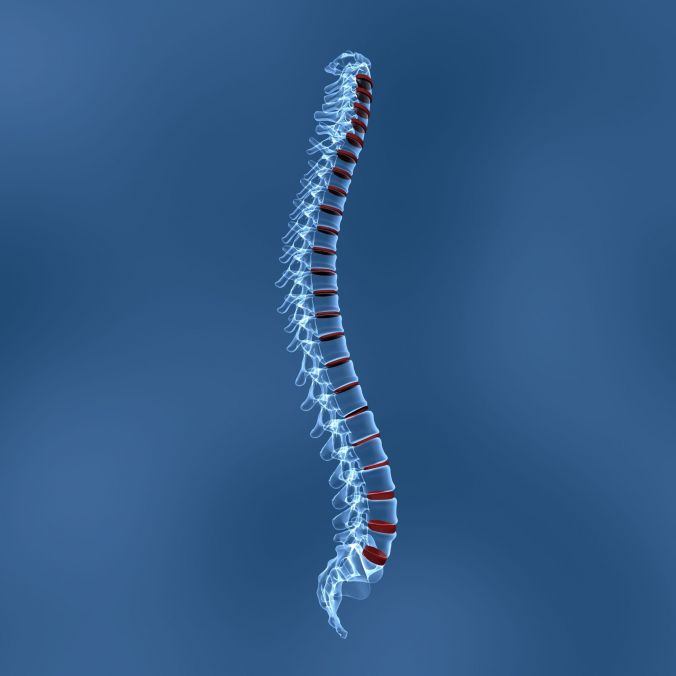Back pains and lack of mobility and flexibility can have a huge impact on quality of life. In many cases, surgery is assumed to be the only option for treatment, but a spine specialist in Gainesville GA may be able to offer treatment options that do not include traditional surgical treatments.
Treatment Options
Today, much more than in the past, minimally invasive options for the treatment of pain and lack of mobility in the back are highly successful options to traditional surgeries. Requiring much less recovery time and even allowing the patient to walk within hours after the procedure, they can be very effective for specific spinal injuries and issues.
Of course, the spine specialist will carefully evaluate the patient and determine the cause of the pain. In all cases, an experienced doctor treating conditions of the spine will only recommend surgery when other options are not possible. Treatment through non-surgical options provides less risk of infection, shorter recovery time and a more patient-friendly approach to the issue.
What to Discuss
If you are seeing a back pain specialist, be sure to talk about all the issues you are experiencing. This will include:
Pain levels – talk to the doctor about the specific movements or activities that are most problematic. Often changing lifestyles or even choosing ergonomic furniture and equipment can help to alleviate back pain. It is extremely important not to minimize the pain; be clear, specific and concise when talking to your doctor.
Keep records – before going to see a spine specialist, it is a good idea to keep a journal of the activities, pain levels and types of pain you experience. This makes it easier to talk to the doctor in concise and precise language rather than in general terms.
Other issues – talk to your doctor if the functioning of the bowels or bladder is compromised; it could be because of a spinal injury or other issue. This can be a sensitive issue for most people, but it also indicates a possibility of neurological injury.
Be open and honest when talking to your spine doctor. Answering their questions and providing all the information is important for the medical professional to formulate an accurate treatment plan for you.


